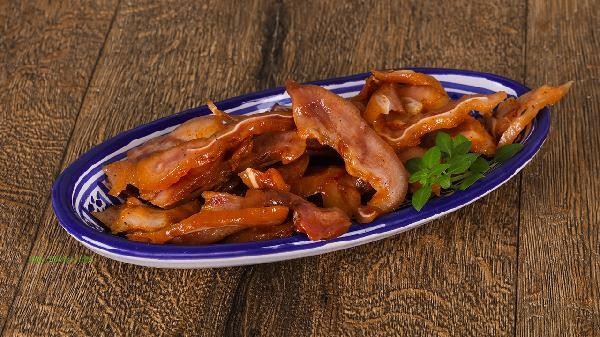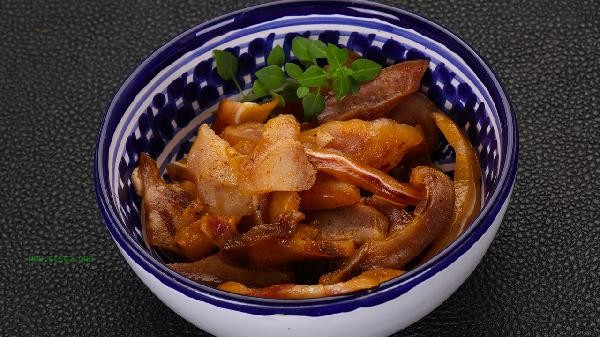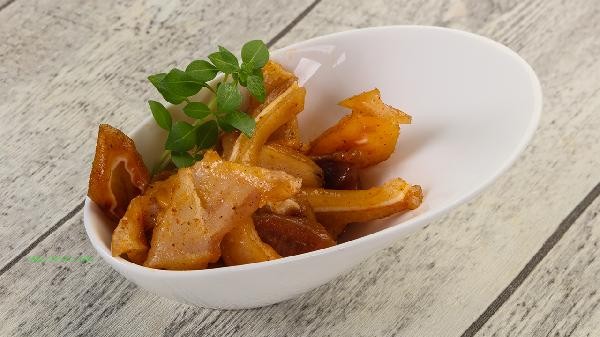Pressure cooker cooking usually does not result in significant loss of nutrients, but instead helps retain some water-soluble vitamins. Pressure cookers shorten cooking time and reduce contact between food and oxygen through a high-temperature and high-pressure environment, resulting in lower damage to heat sensitive components such as vitamin C and B vitamins compared to ordinary cooking methods. The sealing of the pressure cooker can reduce the loss of water-soluble nutrients, especially suitable for cooking difficult to cook ingredients such as beans and brown rice. Experiments have shown that the retention rate of vitamin C in broccoli cooked in a pressure cooker is higher than that in regular boiled water. Meat is more prone to softening connective tissue and promoting protein digestion and absorption in high-pressure environments, but prolonged high temperatures may cause partial breakdown of vitamin B1. Some fat soluble vitamins such as vitamin E are relatively stable in high-pressure environments, but folate in green leafy vegetables may be lost in small amounts due to high temperatures. When using a pressure cooker, avoid adding too much water and choose the quick release mode to maximize nutrient retention. Cooking root and stem ingredients with skin can reduce mineral loss, while seafood can maintain omega-3 fatty acid activity within 5 minutes.

It is recommended to adjust the use time of the pressure cooker according to the characteristics of the ingredients. Green leafy vegetables should be kept within 3 minutes, and grains and beans should be fully soaked before cooking. supplementing with cold dishes or fresh fruits may result in slight loss of water-soluble vitamins, and maintaining dietary diversity is the key to a balanced diet. Regularly check the performance of the pressure cooker sealing ring to avoid prolonging cooking time due to insufficient pressure.










Comments (0)
Leave a Comment
No comments yet
Be the first to share your thoughts!